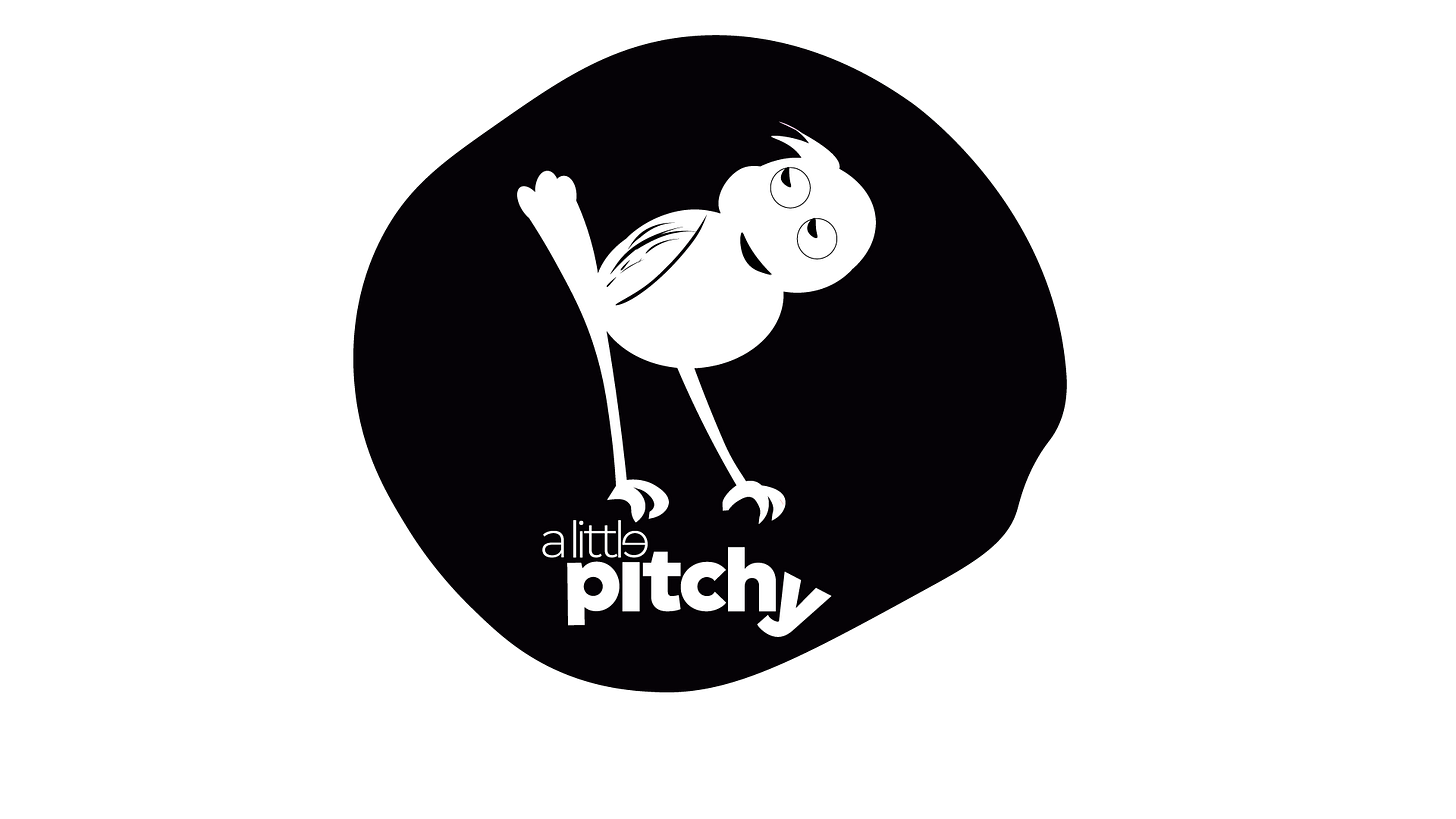Jumping on the Band Wagon
Outrage isn’t the enemy. It’s the sound of an industry releasing five years of hurt, pressure, and unhealed wounds.
The last five years have been brutal for the music industry.
Through no fault of their own, musicians — our suppliers of sound — lost virtually all income for two years during lockdowns. When the lights finally flickered back on, it was these same people who worked their tails off to rebuild audience trust, coaxing punters out of lounge rooms and back into pubs and clubs, one set list at a time. And that is something to seriously respect!
But here’s the thing: the stress of those years didn’t just vanish when the amps were plugged back in. It stayed.
Depression, anxiety, and substance use spiked across the board. In the U.S., nearly 41% of adults reported at least one adverse mental or behavioural health condition during lockdown, including starting or increasing substance use to cope with stress and isolation (CDC, 2020). And the music world, where late nights, alcohol, and pressure are stitched into the fabric, wore that burden heavily.
As Lady Gaga once said: “I’ve suffered through depression and anxiety my entire life, and I still suffer with it every single day. I just want these kids to know that this modern showbiz is not easy.”
And she’s right.
So when we see sudden explosions of online outrage — the pile-ons, the name-calling, the all-caps moralising — it isn’t just drama. It’s biology.
Outrage is often a pressure valve, a way for a dysregulated nervous system to find release after years of pain. It’s less about the “villain of the week” and more about someone’s inner world crying for help.
A study published in JAMA Psychiatry echoed what many in the field already know: more than *40% of adult mental illness — anxiety, depression, substance use, suicidal ideation — can be traced back to traumatic events in childhood and adolescence. Add the pandemic, mandates, long Covid, and an industry marinated in substance use, and of course the pot was going to boil over.
As Chester Bennington of Linkin Park put it: “It’s not cool to be messed up. But it’s okay to admit you’re not okay.”
Outrage, in this sense, is honesty wrapped in noise.
Seen through an allegorical lens, online outrage is just the Victim–Villain–Hero drama triangle replayed:
The Villain: whoever sets a boundary.
The Victims: whoever paints themselves as oppressed.
The Heroes: the baying crowd rushing to “save” them.
It’s theatre. Ancient, seductive, familiar. And it tells us less about the supposed villain, more about the pain and fragility inside the chorus.
Here’s the invitation: consider stop taking outrage at face value. Stop reading it as “truth” about its target. Start seeing it as communication — an overcharged nervous system looking for regulation.
That doesn’t mean excusing harmful behaviour. But it does mean refusing to be distracted by the smoke and instead tending to the fire underneath: poor mental health, economic insecurity, trauma, exhaustion.
If you’re a Music Supplier reading this, here’s what you can actually do:
Seek Professional Support Early
Therapy is maintenance, not weakness. If 40% of mental health issues trace back to trauma, then getting help is prevention, not cure.Create Healthy Business Boundaries
Reliability is self-protection. Cancelling gigs chaotically isn’t just unprofessional; it feeds the stress cycle. Honour commitments where you can, communicate when you can’t.Use Available Resources
Many agencies and industry bodies now provide free admin and wellness guides. They exist because the industry knows musicians need scaffolding, not shame.Regulate Before You Post
Outrage feels good in the moment, but reputation is long. Pause. Breathe. Ask: Am I venting, or am I building my career?Build Wellness Into the Gig Life
Sleep. Hydrate. Rest. Alcohol doesn’t regulate stress, it fuels it. Make one healthy swap on tour — your body and mind will thank you.
Outrage is not the end of the world. It’s a signal. It tells the world that many people are hurting. It tells the world that the nervous system of an entire sector is crying for release after half a decade of brutal uncertainty.
The noise itself is temporary. What matters is what happens next.
We don’t need more dragons to slay. The dragons aren’t out there — they’re inside, in the form of wounds, fears, and addictions. And those dragons can be tamed, not by scapegoating, but by courage, compassion, and support.
So next time you feel the urge to jump on the band wagon and explode online, remember: the noise might feel necessary in the moment, but the real work is in tending to the root cause.
Because noise fades. But your wellness, your music, and your reputation — those are worth protecting.
Resources for Musicians
If you’re looking for tools to steady the ship — business, mental health, or wellness — here are some places to start:
Musoverse Supplier Resources (Free)
Well Played – self-care for working musicians
Pitching Your Show – how to sell your act
Take Your Best Shot – promo and image essentials
The Social Set List – social media made simple
Smarter Time Management – balancing gigs and life
The Art of Communication – getting your message across
Rock Hard, Rest Harder – musician wellness tips
A Muso Melting Pot – the medical and gig safety
Command the Stage – stagecraft mastery
Time to Revisit Your Show Safety – health & safety essentials
Wellbeing & Mental Health
Support Act Wellbeing Helpline (Australia) – free, confidential 24/7 support for anyone in the music industry
Headspace – youth mental health support
Beyond Blue – anxiety, depression, and crisis support
Lifeline – 13 11 14, 24/7 crisis support
Nichola Burton is the CEO for The Pushworth Group, Creative Director for A Little Pitchy,the Systems Designer for the PUSHWORTH LIVE Booking App and the author of Musoverse.
Nichola Burton Copyright 202
5



